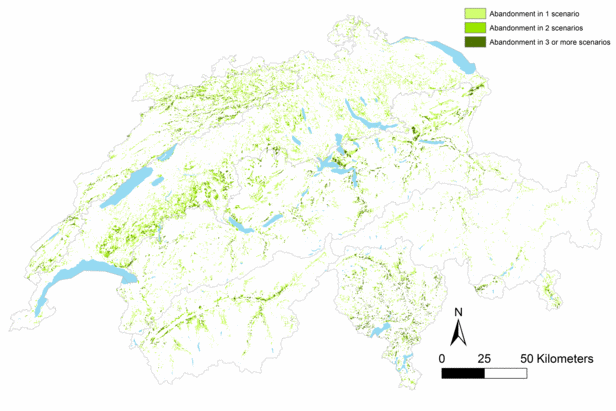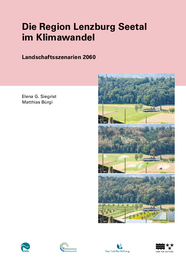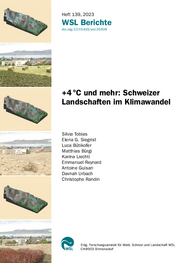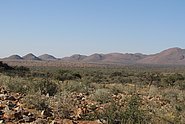
Land Use in the Past, Present and Future ¶
We explore why and how land use changes, assess land-change legacies, develop scenarios for the future, and identify the potential consequences of land use changes for ecosystem services such as recreation, agriculture or biodiversity.
Contents ¶
Switzerland features a high diversity of land uses within agricultural areas, forests, settlements and more natural habitats. Strong topographic gradients and varying land use intensities provide additional diversity. We study the causes and consequences of past and future land-use patterns for society and ecosystems by accounting for local, regional as well as global drivers of change. Our work serves as an important basis for decision-making for various stakeholders.
Legacies from past land use ¶
Reconstructions of past changes in land use and landscapes rely on historical data from topographic maps, written reports, terrestrial and aerial photos, oral history interviews and various other sources. We specifically look into the land use history of for forests, wetlands and grasslands. This land use history can have long-lasting impacts on the development of ecosystems – effects with high relevance for habitat quality, which have to be considered in the development of effective and efficient conservation measures.
Future land use ¶
We develop scenarios for future land change and identify their likely consequences for ecosystems and society. To identify major drivers of land change and to delineate magnitude and location of change, we integrate storylines from different sources (e.g., socio-economic and climate change projections or policy narratives). Different quantitative modelling approaches are then used to assess the relative importance of drivers for land change and to project e.g., settlement development, agricultural abandonement and forest expansion. We also include spatial planning and governance as major factors shaping land change trajectories. Consequences of land change are investigated by conflict assessments between (new) ecosystem service demand and supply, e.g. settlement expansion and flood risk or recreation and renewable energies.





